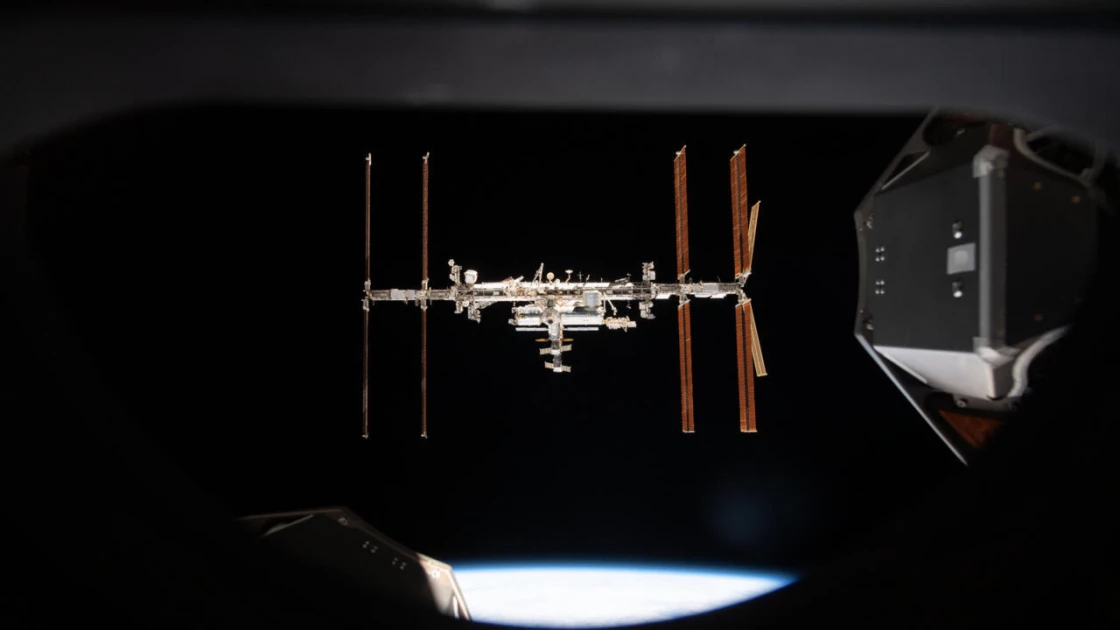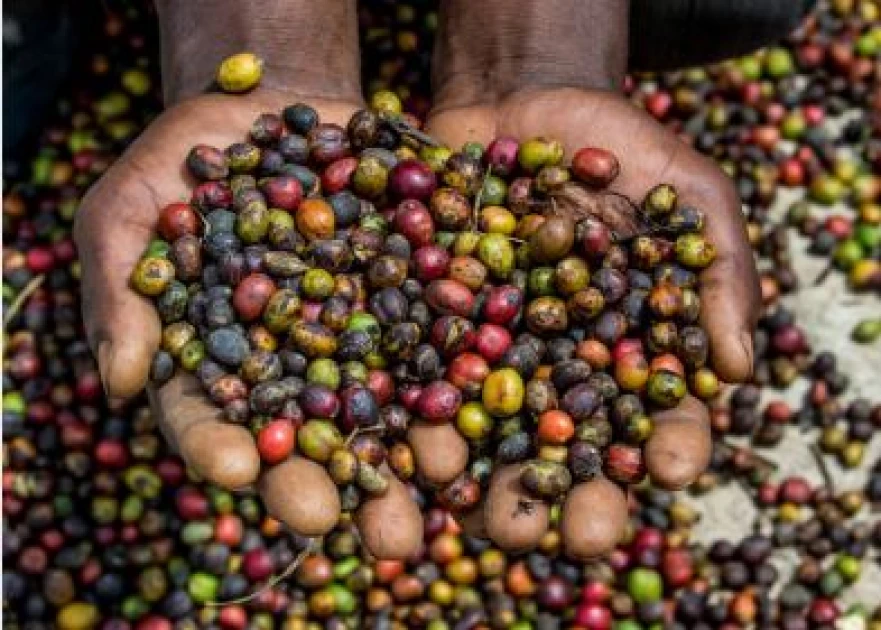As astronauts Butch Wilmore and Suni Williams prepare to return to Earth after spending nine months aboard the International Space Station (ISS), Nigerian scientists are eagerly awaiting the return of a special cargo Egusi melon seeds, a key ingredient in one of West Africa’s most beloved dishes.
The seeds were launched to space last week on a SpaceX mission, part of a NASA partnership with private companies. They are expected to land in the Pacific Ocean on Saturday, after their historic journey.
This marks the first time a West African food item has been sent to space. The seeds were sent by Space in Africa, a Lagos-based space research and media company founded by Nigerian space advocate Temidayo Oniosun.
Once the seeds return, scientists at the University of Florida (USA) and the International Institute of Tropical Agriculture in Ibadan, Nigeria, will study how space conditions including zero gravity and cosmic radiation may have affected the DNA and growth potential of the seeds. They will also observe how well the seeds germinate and grow after being in space.
Egusi seeds are high in protein and commonly used to prepare Egusi soup, a popular dish in Nigeria and across West and Central Africa. The seeds’ journey to space is more than symbolic it highlights the growing role of African voices and cultures in global space exploration.
“When we talk about humans colonising other planets, this is not just an American or European mission. This is a global mission,” said Oniosun in an interview with AFP.
He hopes this project will inspire more Africans to take an interest in space science, saying that while past satellite launches in Nigeria didn’t attract much public excitement, this food-related experiment has captured the attention of many.
“The moment we sent food that people love food with strong cultural meaning everyone started paying attention,” Oniosun said.
Sending food into space is an important part of preparing for long-term space missions, especially for future settlements on the Moon or Mars. Scientists have been experimenting for years with growing crops in space so astronauts can have fresh, sustainable food without depending on constant supply missions from Earth.
Now, with Egusi seeds in the mix, African culture and culinary traditions are also part of this mission.
“The launch of Egusi melon seeds into space is more than a symbolic gesture,” Oniosun said.
“The future of humanity among the stars must reflect the diversity and richness of life on Earth.”
Whether pounded yam, the traditional food served with Egusi soup, will one day also make it into orbit remains to be seen.



